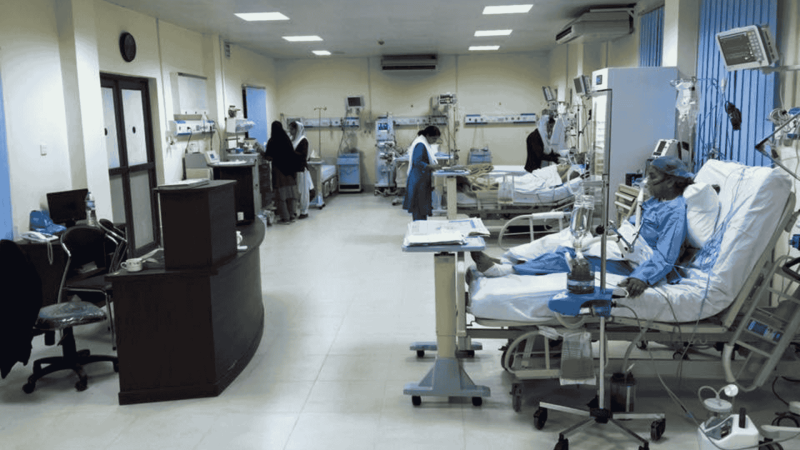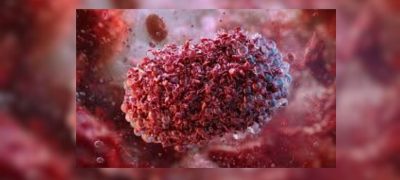The Pakistan Institute of Medical Sciences (PIMS) has introduced round-the-clock emergency angioplasty (primary PCI) at its cardiac centre, ensuring heart attack patients receive immediate treatment at any hour. The move follows media reports highlighting the absence of 24/7 cardiac emergency care in the federal capital.
The initiative was led by Executive Director Dr. Rana Imran Sikandar and Head of Cardiology Dr. Fazle Mian. The 24/7 service allows patients suffering from acute myocardial infarction to undergo lifesaving angioplasty without delay.
Currently, the service is free for Khyber Pakhtunkhwa (KP) residents under the Sehat Card programme. However, patients from Islamabad, Azad Kashmir, and Gilgit-Baltistan must cover costs for stents and consumables, which range from Rs150,000 to Rs200,000. This is significantly lower than private hospitals, where the procedure costs between Rs400,000 and Rs600,000.
A senior PIMS official noted that the facility still requires at least six additional technicians to fully operate across all shifts. At present, only three technicians are available and are called in at night for emergency cases. The hospital has urged the government to recruit more staff and procure stents and cardiac supplies in bulk to further reduce costs.
Officials emphasized that if provinces like KP, Punjab, and Sindh can provide free emergency angioplasty, the federal government should extend similar support to Islamabad and surrounding regions. They cited the National Institute of Cardiovascular Diseases (NICVD) in Sindh, which has been providing free primary PCI to hundreds of patients every month for five years.
PIMS officials praised Dr. Sikandar and Dr. Fazle for making the cardiac facility operational despite limited resources. They also called for extending Sehat Card coverage to Islamabad, Azad Kashmir, and Gilgit-Baltistan, ensuring emergency cardiac care becomes free and accessible to all residents in the federal capital and nearby areas.
In other news read more about:PIMS Physicians Report Lack of Evidence Regarding Bushra’s Alleged Slow-Poisoning







